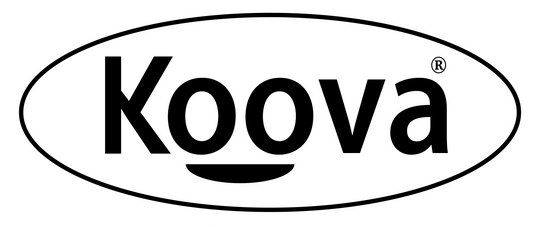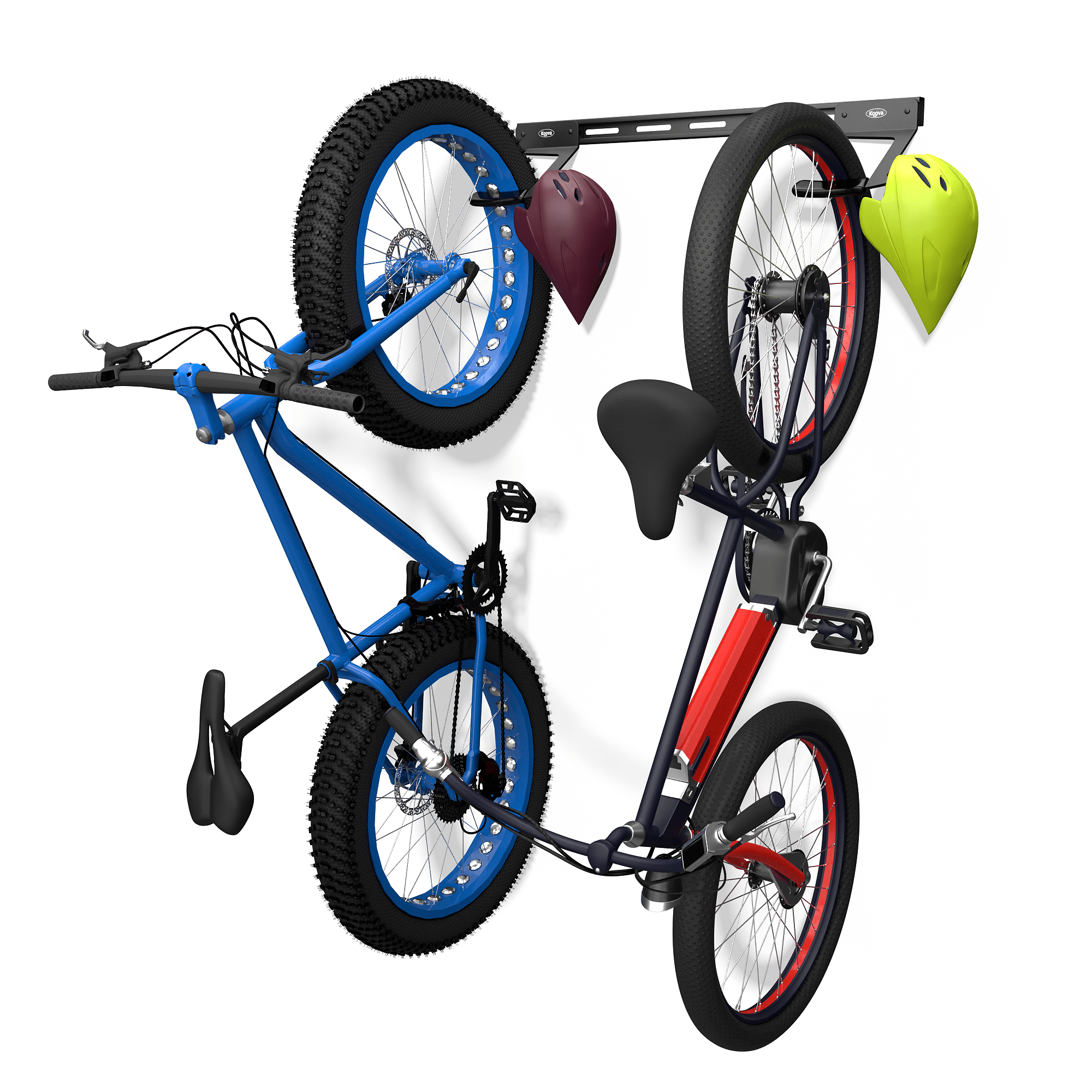Frequently Asked Questions
1. How does cleanliness affect mental health?
2. What are the negative effects of clutter?
3. What are some benefits of maintaining a clean space?
4. How can I establish a routine for cleaning and organization?
5. What role do smart storage solutions play in cleanliness?
When you walk into a clean and organized space, what feeling does it evoke? Calmness? Clarity? For many, a tidy environment can have a profound impact on mental wellness and productivity. This blog post will delve into the psychology of a clean space and explore how it affects our emotions and behaviors, plus tips for keeping your area organized. Maintaining a clean space goes hand in hand with strategic storage solutions, such as a water ski rack, which can help you keep order amidst your gear.
The Connection Between Cleanliness and Mental Health
Research has shown that there is a significant relationship between a clean environment and our mental health. When our surroundings are cluttered and disorganized, it can lead to feelings of anxiety and stress. In contrast, when we maintain a clean space, we can experience enhanced clarity and focus.
How Clutter Affects Our Minds
Clutter can be visual noise, and according to psychologists, it can impact our cognitive load. Here are a few ways clutter can affect our mental state:
- Increased Anxiety: A chaotic environment can heighten feelings of overwhelm, making it hard to concentrate.
- Difficulty Focusing: When there are too many items fighting for our attention, it becomes challenging to direct our energy toward completing tasks.
- Lower Productivity: A cluttered space can slow you down, as time is wasted looking for items you need amidst the mess.
The Positive Effects of a Clean Environment
On the flip side, a clean and organized space can have numerous positive impacts, such as:
- Improved Mood: A tidy environment can elevate your mood, giving a sense of accomplishment and peace.
- Enhanced Creativity: A serene space allows for freer thoughts and ideas to flow.
- Increased Efficiency: Having a systematic layout can cut down on time spent searching, thereby enhancing productivity.
The Role of Organization in Mental Clarity
Organization is more than just physical tidiness; it's about creating systems that foster efficiency. An effective organizational strategy can greatly influence how we think and feel.
Establishing Order with Smart Storage Solutions
One practical step to achieving a clean space is by implementing smart storage solutions. For instance, utilizing a water ski rack not only keeps your equipment in prime condition, but also frees up valuable floor space, making your environment look more spacious. Here are some additional benefits of using smart storage tools:
- Maximizes Space: Well-planned storage can turn cramped areas into functional utility zones.
- Creates Defined Areas: Clear distinctions between workspaces, leisure, and storage can mentally compartmentalize tasks.
- Promotes Regular Maintenance: When items have a designated place, it encourages you to put things back post-use, thus maintaining overall cleanliness.
Developing a Routine for Cleaning and Organization
Incorporating a regular cleaning schedule can establish a sense of control over your surroundings. Consider engaging in daily, weekly, and monthly cleaning practices:
- Daily Tasks: These are quick, 10-15 minute chores such as decluttering surfaces, wiping down counters, and putting items away. This daily maintenance prevents buildup.
- Weekly Chores: Set aside some time each week to dive deeper: vacuuming, dusting, and organizing areas that need attention.
- Monthly Projects: Consider dedicating time monthly to tackle larger projects like cleaning windows, organizing storage areas, or sorting through items that may need to be discarded or donated.
The Mindset Shift: From Chaos to Calm
Shifting your mindset towards valuing cleanliness can lead to enduring changes in your emotional and mental well-being. Here are a few ideas to embrace this transition:
Mindfulness in Tidying Up
Practicing mindfulness while cleaning can transform the activity from a chore into a reflective and meditative act. Instead of viewing it as a task, consider how it can support a calm state of mind. Being present during your cleaning routine not only helps maintain focus on the task at hand but can also instill a profound sense of accomplishment.
Visualization Techniques
Imagine how you would feel in a clean, organized space. Visualization techniques can serve as a tool for motivation, helping to align your actions with your desired state. Create a mental image of your ideal environment to inspire action towards cleanliness and organization.
Environmental Impact on Wellbeing
It’s essential to recognize that our spaces affect our overall well-being. A clean environment is not only aesthetically pleasing; it can lead to healthier thought patterns and lifestyle choices.
The Science Behind Cleanliness and Focus
Studies have indicated that environments can significantly affect our productivity and focus levels. The concept of “biophilia” suggests that humans have an innate affinity for nature; therefore, incorporating natural elements like plants can further enhance the sense of well-being in a clean space.
Creating an Inviting Atmosphere
To establish a welcoming environment in your space, consider the following elements:
- Use Soft Lighting: Gentle, warm lighting can create a cozy ambiance.
- Incorporate Natural Elements: Adding greenery connects us to nature and has been shown to reduce stress.
- Personalize Your Space: Incorporate meaningful décor, while ensuring it doesn’t contribute to clutter.
The Ripple Effect of Cleanliness
A clean space doesn’t only benefit personal well-being; it can positively impact your relationships with others. In a world where we often juggle work-life balance, an organized environment can signify to others that you value your space as well as the people within it.
Building a Clean Community
When your personal space is organized, you’re more likely to invite friends and family into your home, fostering social connections that are essential for mental health. Similarly, when everyone in a workspace maintains cleanliness, it cultivates a shared responsibility that enhances team morale.
Developing Respect for Your Environment
Cleaning regularly instills in us a respect for our environment. As we maintain order, we build a stronger connection to our belongings and surroundings. The act of putting items away lends itself to nurturing an appreciation for what we own and a reluctance to let those possessions fall into disarray.
Transform Your Space, Transform Your Life
Ultimately, the psychology of a clean space reveals the undeniable truth that our surroundings significantly affect our mental states, productivity, and overall well-being. By establishing effective organizational systems—like utilizing a water ski rack for optimal storage—we can create an environment that invites focus, creativity, and calmness. The journey toward a clean space isn’t a sprint but a marathon, requiring dedication and intention. Embrace the power of your environment, and watch as it transforms not only your space but also your life.
Discover the creativity of other Shopify or Wix store owners by visiting their stores. Follow this link to their online store. Please remember that this is a promotional link, and we assume no liability for the content of the linked store.


